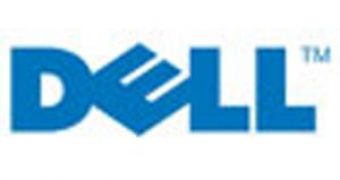Dell announced its plans to reduce the power consumption of its computers by 25 percent by 2010, as the company aims to gain the title of the "greenest technology company on the planet". Both desktops and laptops made by Dell should gain that percentage of power efficiency for the company to achieve its goal.
[admark=1]According to Dell, the computer systems offered by the company are the most energy efficient systems available at this moment. A good example to be given are the Optiplex desktops which experienced a 50 percent decrease in terms of power consumption during the last three years, the overall result being a 23 million tons less carbon dioxide emissions. Dell's Latitude laptops move in the same direction, their energy efficiency being improved by 16 percent since 2006.
In order to achieve its goal, Dell needs heavily reliable hardware suppliers, as the company is only a system vendor. Dell already announced its intentions of working "closely with its suppliers to further develop and deliver energy-efficient components, including chip sets, power supplies and memory." Also, the Energy Smart technologies will continue to be integrated in Dell's products.
Dell has been ranked as the fifth "green" company in the "Guide to Greener Electronics" made by Greenpeace. The company occupies only the fifth place due to the fact that reducing the power consumption is one of other green initiatives, even if it seems to become a very effective one on the market. Yet, there are many companies that lay behind Dell in what concerns the "green" tendency. Greenpeace placed Dell fifth among 18 other companies, including Nintendo, Panasonic, Philips, Microsoft, Acer, Sharp, Sony Ericsson, LGE, Apple, FSC, HP, Motorola, or Lenovo, all behind Dell, and Samsung, Toshiba, Nokia and Sony, on top of the list.
Greenpeace stressed out that Dell should consider the fact that its products still present a certain level of toxicity because of polyvinyl chloride (PVC) plastic and brominated flame retardants (BFRs). However, the system vendor announced that by 2010 all these materials will be replaced.

 14 DAY TRIAL //
14 DAY TRIAL //